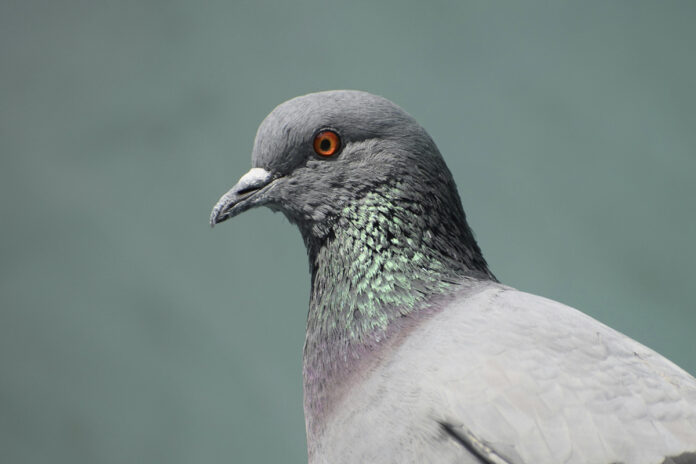Scientists currently rely mainly on a complex network of satellites, ocean buoys, weather stations and balloons to help predict the weather and the effects of climate change, but it might not be the best solution. What if instead of using satellites and weather stations to study the planet, scientists used animals? Imagine a world where a pigeon could help gather information on air pollution.
That world already exists. In Mongolia, pigeons equipped with sensors fly around the capital city of Ulaanbaatar and help measure the air quality. Tagged elephant seals help provide nearly 80 percent of all available information on ice depth and ocean salinity in Antarctica. Geolocation sensors, often attached to animals via collars or tags, can provide scientists with near endless amounts of information on wildlife and the environment. The sensors, equipped with GPS and other advanced technology, offer a lens directly into the habitats that animals inhabit.
Using wildlife to track environmental conditions only highlights the shortcomings of current methods of collecting climate data. While satellites can gauge temperatures at the surface of a cloud-covered jungle canopy, they cannot reveal the conditions on the ground. Not the way that a monkey would be able to. Most weather stations are built on flat land and in developed areas, not in the mountainous regions that are heavily affected by climate change. However, mountain goats or birds with sensors can easily monitor the temperatures of the region. Wildlife geolocation sensors can help fill critical data gaps, particularly in more remote areas of the planet.
Equipping fish, birds, seals, and other animals with sensors can offer highly localized and timely data that current tech cannot. The sensors can provide data on animal behavior and migration patterns along with data on environmental conditions impacted by climate change. They can improve scientists’ measurements on air temperature, ocean salinity, air pollution and biodiversity. Rather than using satellites to capture images of the planet’s surface, scientists can study animal decisions and preferred conditions to sense the quality and health of ecosystems. Studying the environmental conditions that drive animals’ movements can offer a lens directly into the habitats themselves.
Thanks to action by the Max Planck Institute of Animal Behavior, thousands of birds and animals are already outfitted with sensors, but the opportunities that wildlife tracking presents have not yet been fully realized. To implement geolocation sensors on a wider scale there must be collaboration between government agencies and the science community. The data that the sensors could provide the scientific world would be more accurate, timely, cost-effective, and non-invasive than the more popularized current methods. Wildlife tracking provides an opportunity for revolution in conservation efforts, environmental monitoring and research on climate change.
EarthTalk® is produced by Roddy Scheer & Doug Moss for the 501(c)3 nonprofit EarthTalk. To donate, visit https://earthtalk.org. Send questions to: question@earthtalk.org.



